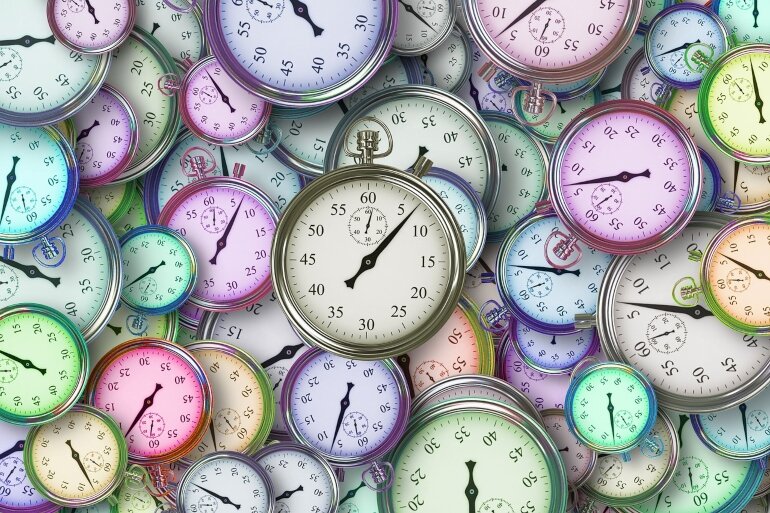Avoiding burnout - how to stop working in the evenings without damaging your career
You know the factors why it's not great for your productivity to work all the time, but you still do it. Finding yourself on your phone clearing your inbox at 10 pm or tinkering with that presentation until the early hours, means your balance is all out of sync.
It’s easy for people to say, “just switch your phone off”, "ignore the work". However, in reality, this can cause a lot of angst. We might remember something we haven’t done, then sit in turmoil having a mind battle about whether to look at the phone or not. This won’t help you relax. These steps, that Cal Newport covers in Deep Work, will help you prepare for the switch off so it is sustainable and relaxing.
This post aims to provide some tips on how to draw a line on your working day and have some down time. Inspired by Cal Newport and his book, Deep Work, his extensive research has shown that implementing this will make you more productive. He calls it, "A Systems Shutdown".
I've been doing a systems shutdown myself and sharing this method with my one to one clients. We've been finding it so useful, I wanted to share it with you all.
How to operate a Systems Shutdown at the end of your working day
Decide the time that your working day is going to end. Let's say at 6 pm.
Then 15-20 minutes before, you conduct your “systems shutdown”. Think of this as a proper shutdown procedure. Perhaps something you may have done in the olden days when didn't have email on your phone or the ability to do stuff outside of office time.
Respond to any important and time-sensitive emails. Do them one by one. Don’t start another one, until you have finished the first. If some require more time to respond, reply to the sender and tell them when you will get back to them with a full response.
Write a quick list of what you have achieved today.
Write an action plan list of what you will do tomorrow.
Check your diary for the next few days and make sure your action plan list reflects anything coming up.
Finalise your action plan list for tomorrow.
Close down your computer and say, out loud “SYSTEMS SHUTDOWN”
Now you can finish your day safe in the knowledge you have finished your important emails, you know what you are doing tomorrow, you can deactivate the phone notifications for email and Whatsapp, etc, and enjoy your evening.
How to make it sustainable
Know you need to practice
Habits take at least 21 days to form. It might take about 3 weeks to get into the routine of “Systems shutdown”, but after a while, if you keep at it, you will find it uncomfortable if you don’t do it. It might be hard at first to avoid your phone in the evenings. You might cheat. If you do, just notice what happens. How did you feel afterwards?
Keep a notepad
Make notes with the thoughts/ideas that arise. You might notice you are having lots of ideas and you feel compelled to share them or research something on the internet. Make your notes and write a draft plan. Do not turn the internet on.
Create a “next time I’m online” list
Have a list for the morning of internet-related tasks you will do when you get online. Check it back. Prioritise these with the to-do list when you start work again in the morning.
Plan your downtime
It may sound a bit counterproductive to plan your downtime, but if you have an idea about how you will use your extra time, you will minimise the risk of you getting bored and seeking some iPhone dopamine. I’ve been reading or enjoying a quality programme. You could hit an exercise class or visit/call a friend. Make the most of this extra time.
Own it.
If you are feeling burnout, stressed or tired, then I urge you to experiment with this. Your colleagues will need to adjust to your new behaviour. They probably would like to be doing the same. Perhaps they will be inspired. What's the worst that could happen?
Notice the impact
If you worry that it isn’t physically possible to do this due to the nature of your work, I still urge you to try. The only way you will know how this will really affect your work/life balance and productivity is to try it.
I’ve been implementing reduced social media, the systems shut down and evening downtime for the last month. The effects both personally and professionally have been amazing. It has made me feel a lot more relaxed, less tired in the mornings and more motivated to tackle those bigger business tasks.
I’m going to continue throughout April and beyond. Who wants to join me? I’d love to hear how you get on.
Liz Ward is Founder and Coach at Slick Pivot. Slick Pivot helps new and seasoned entrepreneurs get good at change. Supporting your pivot journey through one to one coaching, bespoke team workshops, and events to help you find more happiness and growth in your work, whether that is quitting your 9-5, starting and growing that business or developing the right mindset for success.
Like this blog and want more? Sign up for Slick Pivot Sunday, your weekly dose of pivot inspiration at the bottom of this page.

